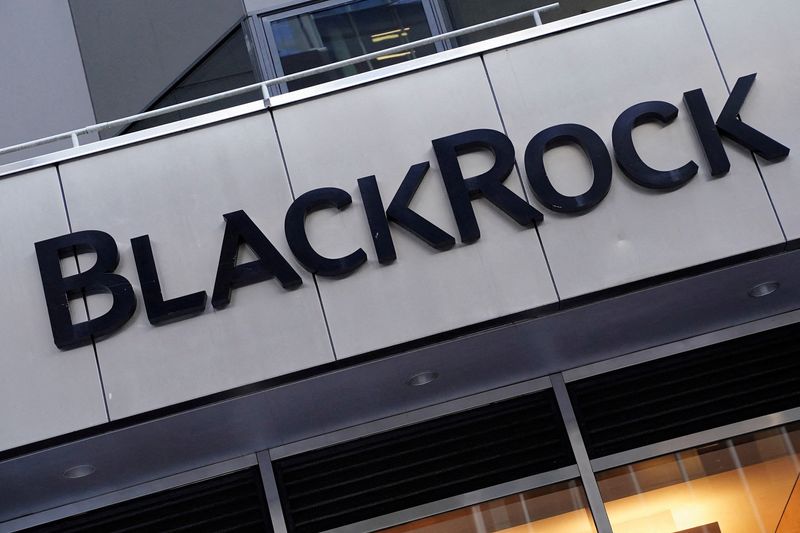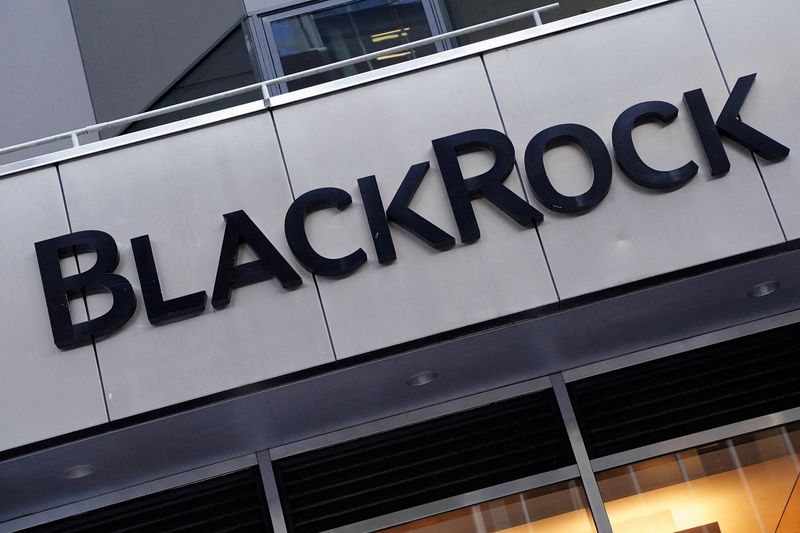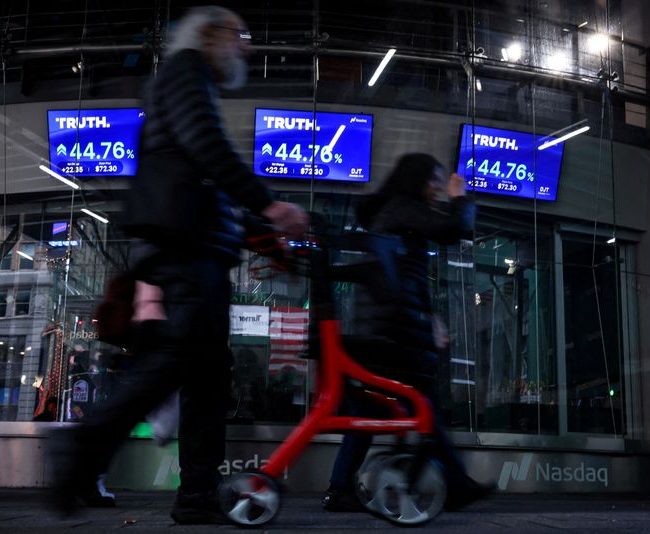
BlackRock and Weinstein’s Saba reach settlement in battle over closed-end funds

By Svea Herbst-Bayliss
NEW YORK (Reuters) – BlackRock (NYSE:BLK) and Saba Capital Management announced a standstill in a long-raging battle over the future of closed-end funds with the asset manager buying back shares in two portfolios and the hedge fund dropping demands for deep management changes.
BlackRock, the world’s biggest asset manager, said it will buy back 50% of outstanding shares in its BlackRock Innovation and Growth Term Trust and 40% of outstanding shares in Health Sciences Term Trust for a price of 99.5% of each fund’s net asset value. A total of roughly $1.6 billion is being tendered in these funds alone, more than has ever been available to investors.
In return, Saba, a large owner in BlackRock’s closed-end funds, agreed to stop its campaigns at dozens of BlackRock funds calling for fresh directors to be installed and for BlackRock to be fired as some of the funds’ manager.
The agreement lasts for three proxy seasons.
“This is a monumental outcome for shareholders,” Saba’s founder Boaz Weinstein wrote on social media platform X. He said the settlement shows how shareholders and managers can find a “win-win” solution. “By committing to shareholder-friendly initiatives, liquidity events and governance enhancements, value can be unlocked for all investors.”
Saba’s Weinstein has for years waged a battle against closed-end funds run by BlackRock and other companies that oversee billions of dollars, arguing they charge high fees and deliver lackluster returns with limited opportunities for average investors to get their money out.
The settlement comes some seven months after BlackRock shareholders voted at four of its closed-end funds to keep the asset manager’s directors in place and retain it as the manager. Saba has long criticized the gap between the assets held by closed-end funds and their share prices and wanted to install new directors and at some funds fire the manager.
Closed-end funds, unlike open-end funds, don’t issue or redeem new shares, which can leave them trading above or below the value of the securities held by the fund.
Weinstein has been crusading against these types of portfolios for some time and late last year took his fight overseas by urging shareholders in seven UK investment trusts to replace directors and install his hedge fund as the manager. He argued the current boards failed to deliver “sufficient shareholder returns.”
The settlement with BlackRock signals that Saba is able to reach constructive, value enhancing agreements, a person familiar with his thinking said. BlackRock did not comment beyond the release.


